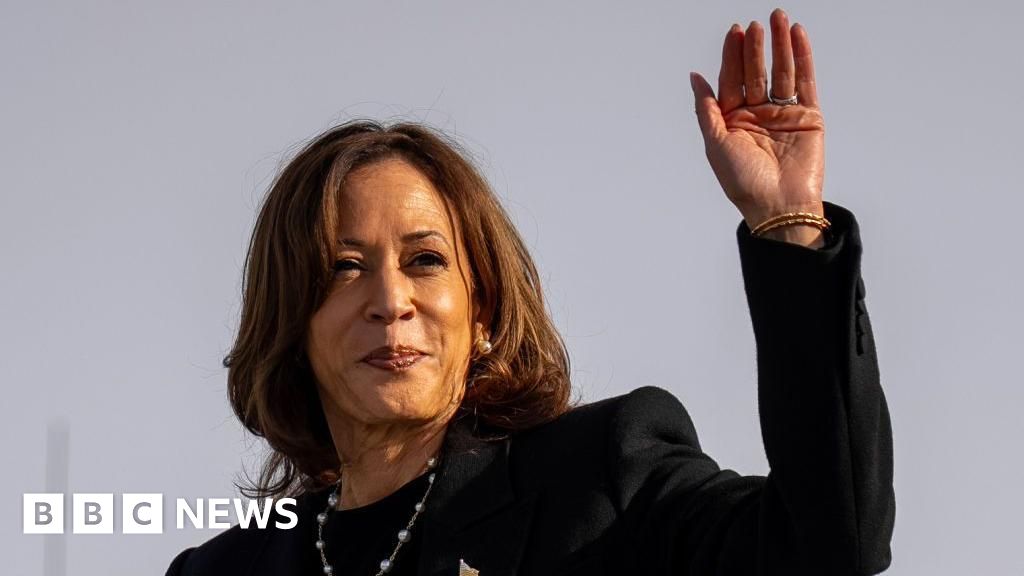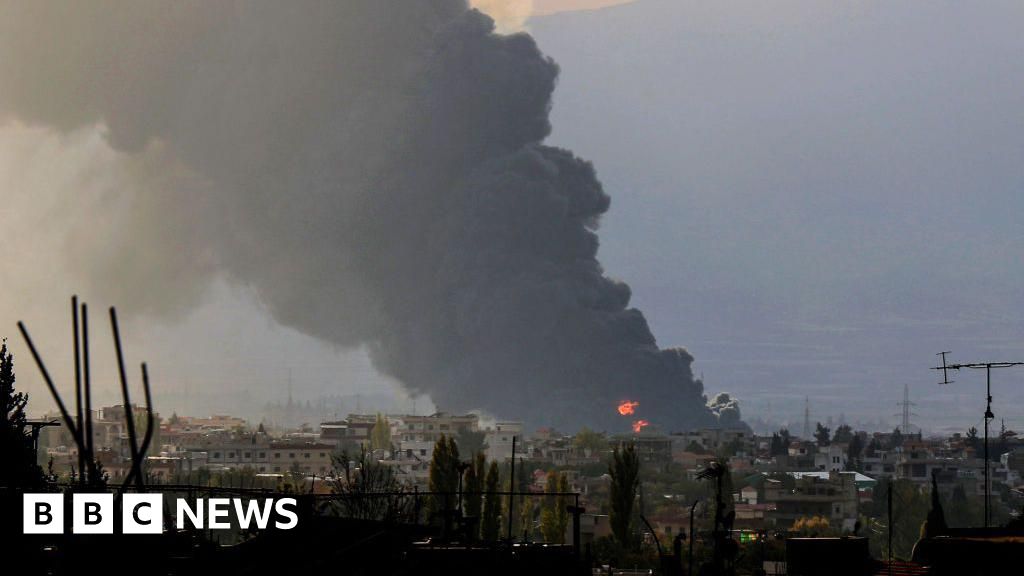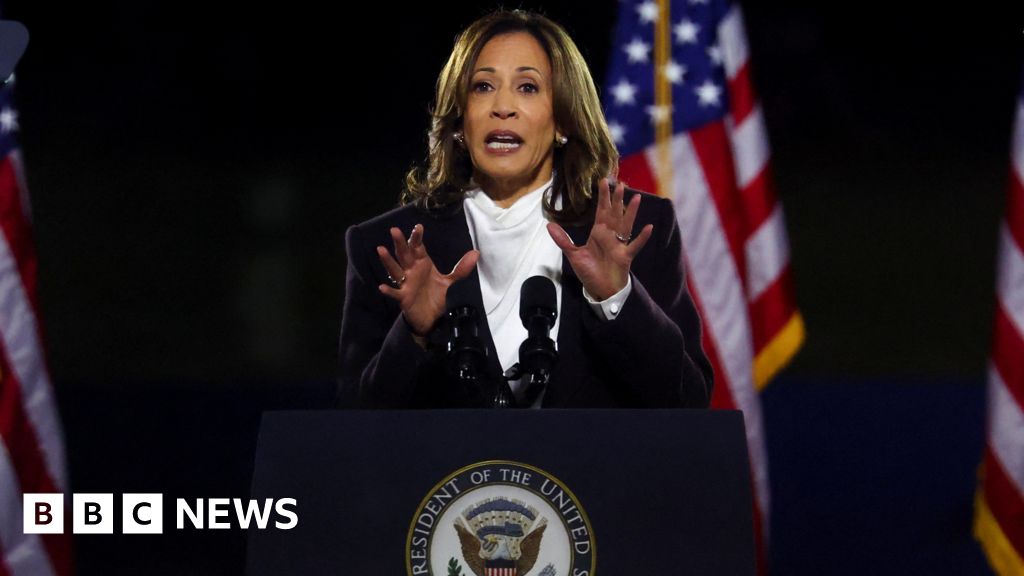British Prime Minister Boris Johnson warned on Sunday of the possibility of further tight lockdown restrictions in England in the coming weeks, as the country recovers from a new coronavirus variant that has pushed infection rates to their highest recorded levels.
However, Johnson insisted that he “had no doubt” that schools were safe and urged parents to return their children to classrooms in areas of England where they could. Unions representing teachers have called on schools to switch to distance learning for at least two weeks More due to the new variant, which scientists said is up to 70% contagious.
The UK is in the midst of a severe outbreak, with more than 50,000 new cases of coronavirus reported every day for the past six days. On Sunday, there were another 54,990 cases, down slightly from the previous day’s daily record of 57,725. The country also recorded 454 other deaths related to the virus, bringing the total to 75,024. According to figures compiled by Johns Hopkins University, the United Kingdom rotates with Italy as the European country most affected.
Johnson said in an interview with the BBC: “We are fully prepared to do what is necessary to control the virus, and this may include more stringent measures in the coming weeks.” “There is clearly a set of tougher measures that we have to look at.”
Johnson acknowledged that school closures, curfews and a total ban on domestic mixing could be on the agenda for areas under the most pressure.
London and southeast England are facing extremely high levels of new infections and there is speculation that restrictions there will need to be tightened to bring the virus under control. In some parts of the British capital and surrounding areas, there are more than 1,000 cases per 100,000 people.
Johnson’s conservative government is using a tiered system of coronavirus restrictions. Most of England is already in the highest level of Level 4, which includes closing stores that do not sell non-essential items and places like gyms and entertainment centers as well as instructions for staying at home.
“What we are using now is the caste system, which is a very difficult system, and unfortunately it is about to get tougher to keep things under control,” he said. “We’ll review it and have the potential for vaccines to degrade in the tens of millions, literally providing people with life and hope.”
Kerr Starmer, leader of the opposition Labor Party, urged Johnson to impose more national restrictions the next day or so even though he fell short of calling for schools to close because he said he did not want to “add more to the chaos” that would likely arise. Monday.
“It’s clear the virus is out of control,” Starmer said. “We cannot allow the prime minister to exhaust the next two or three weeks and then impose a national lockdown is inevitable.”
Starmer also said that more schools were inevitable and urged the government to put in place a plan for both students and working parents.
One area where the UK has moved quickly is the vaccination front. He was the first to start vaccinating people over the age of 80 and healthcare workers on December 8 with the Pfizer-BioNTech coronavirus vaccine. Last week, regulators approved another vaccine produced by the University of Oxford and pharmaceutical company AstraZeneca that is cheaper and easier to use than Pfizer.
Hundreds of new vaccination sites are set to be constructed and put into operation this week as the National Health Service ramps up its immunization program with Oxford AstraZeneca. Officials say about 530,000 doses of the new vaccine will be ready on Monday as the country moves toward its goal of vaccinating 2 million people a week as soon as possible.
The Oxford-AstraZeneca vaccine will be given in a small number of hospitals for the first few days so that the authorities can look out for any adverse reactions. NHS England said hundreds of new vaccination sites – both in hospitals and in local doctors’ offices – are set to launch this week, joining the more than 700 sites already in operation.
In a shift from practices in the United States and elsewhere, Britain plans to give people second doses of both vaccines within 12 weeks of the first shot instead of 21 days, to speed up immunization for as many people as possible as quickly as possible.
“My mom, as well as you or your older loved ones, may be affected by this decision, but it is still the right thing to do for the nation as a whole,” Deputy Chief Medical Officer of the government, Professor Jonathan Van Tam, in an article for the Mail on Sunday.
___
Follow AP’s coverage of the coronavirus pandemic at:
https://apnews.com/hub/coronavirus-pandemic
https://apnews.com/hub/coronavirus-vaccine
https://apnews.com/UnderstandingtheOutbreak

“Guru professionista del caffè. Giocatore tipico. Difensore degli alcolici. Fanatico del bacon. Organizzatore.”







